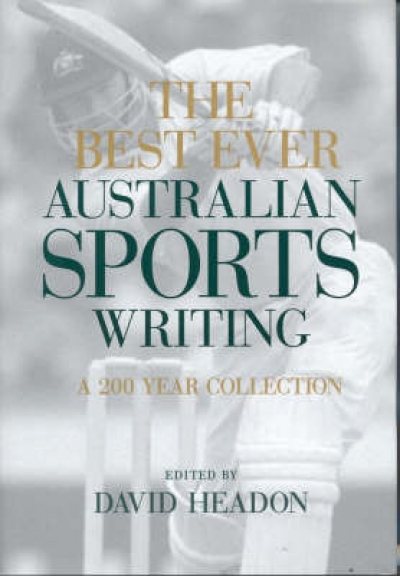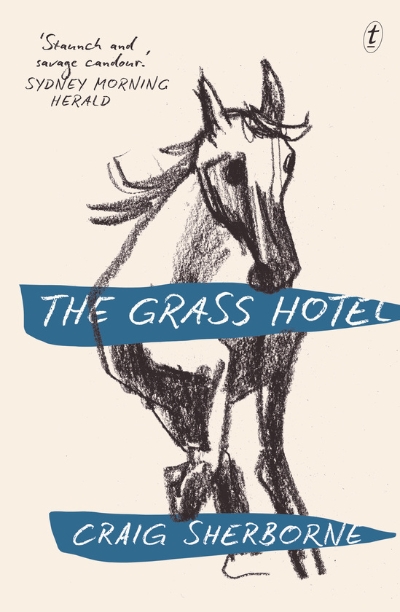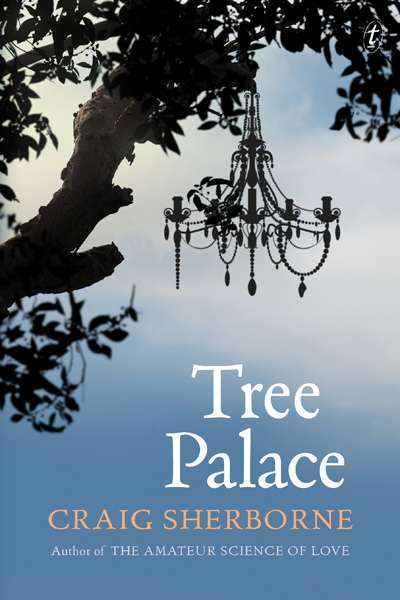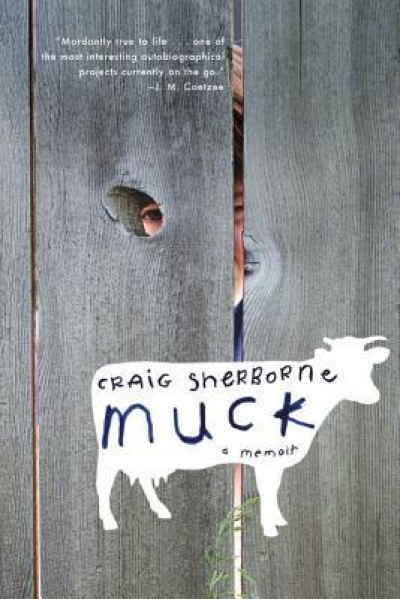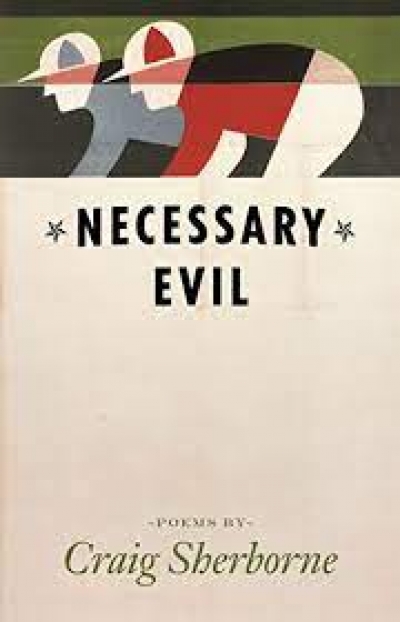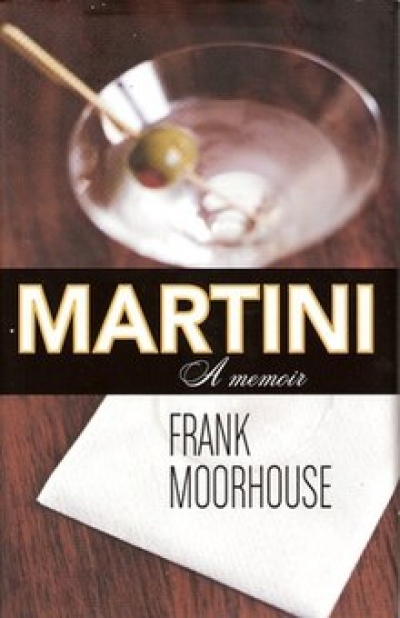Craig Sherborne
A new prize for Miles Franklin
Miles Franklin turns fifty this year. Well, 128, to be strictly biographical. Three years after the death of Miles Franklin (1879–1954), the inaugural Miles Franklin Literary Award was inaugurated. This year, the judges have rather more money to present ($42,000) than they did in 1957, when Patrick White’s Voss won the Award.
... (read more)The Best Ever Australian Sports Writing: A 200 year collection edited by David Headon
I put away my eyes for the night.
I forget dreams,
perhaps I don’t have them any more,
not close at hand.
I’m not book-sick from the gloomy others.
I haven’t read a word in years.
In me, drink-nettles – I’ve a glass with the same stings,
and ice which comes out as clear sweat on
this side of my skin,
the right-way-up for drying.
It’s before I got the wandering eye.
I daydream I’ve already left:
without her each morning I’d be able to wake,
stretch in bed-warmth, blink used to light, not lie
feigning sleep in case she cradles my back,
her lap flexing for my elbow to lift
to take her arm onto my chest. I keep still
until she shadow-dresses upon the wall.

